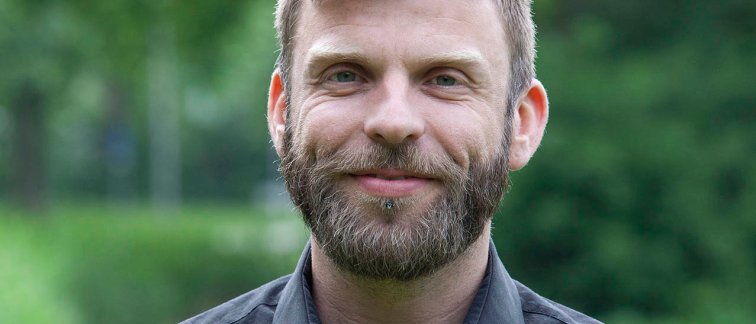Technical revolution
A technological revolution has yielded new and powerful methods for recording and manipulating brain activity in both laboratory animals and psychiatric patients. Together, these innovations make it possible to examine neuronal circuits with unprecedented temporal and spatial resolution.
Neurotransmitters
Research on the neurotransmitters dopamine and serotonin is of specific importance in this context because nine of the ten most commonly prescribed psychiatric medications target the dopamine system, the serotonin system, or both. Despite the effectiveness of these medications, a better understanding of their mechanism is needed. Willuhn highlights how his team is investigating the behavioral functions of these neurotransmitter systems using innovative methodologies.
Brain stimulation
Another crucial topic is investigating the underlying mechanisms of brain stimulation techniques already used in psychiatric patients. A better fundamental understanding of these mechanisms will improve future psychiatric therapies. Willuhn presents research that unravels the mechanism of deep brain stimulation when applied to reducing compulsive behavior.
Ingo Willuhn works at the Psychiatry Department of Amsterdam UMC and is a group leader at the Netherlands Institute for Neuroscience. As of today, he is Professor of Behavioral Neuroscience of Psychiatric Disorders at the University of Amsterdam. His research focuses on how dopamine and other neuromodulators regulate cortico-basal ganglia networks in both normal and pathological conditions, including obsessive-compulsive disorder (OCD) and compulsive behavior in general. By using techniques such as voltammetry, electrophysiology, fluorescence imaging of genetically encoded sensors, and optogenetics in rodents performing in custom-designed behavioral tasks, his research group investigates the neural mechanisms underlying motivated behavior, habits, and decision making, and how their dysregulation contributes to compulsive behaviors.
The inaugural lecture ‘Inherent and extrinsic neuromodulation in health and psychiatric disease: The promise of a technological revolution’ of Ingo Willuhn will take place today, September 12, 2024 from 16:30-17:30 at the University of Amterdam and can be viewed live via this link.

